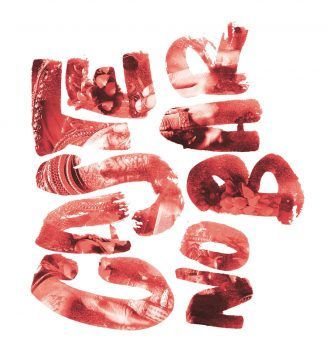Suraj Yengde in The Baffler:
 INDIAN CINEMA LOVES LOVE. It celebrates love between the poor and the rich; love across the lines of religion, region, and language; love that upends conventional notions of gender and sexuality. A foreign viewer of such films would be forgiven for concluding that India is a loving society. But nothing could be further from the truth. For what Bollywood does not honestly discuss is the brutal social reality that sits uncomfortably at the center of all romantic and marital relations in India: caste.
INDIAN CINEMA LOVES LOVE. It celebrates love between the poor and the rich; love across the lines of religion, region, and language; love that upends conventional notions of gender and sexuality. A foreign viewer of such films would be forgiven for concluding that India is a loving society. But nothing could be further from the truth. For what Bollywood does not honestly discuss is the brutal social reality that sits uncomfortably at the center of all romantic and marital relations in India: caste.
Consider, for example, the popular Bollywood genre known as “family movies.” They cater to the moneyed middle class but the audience is wider—I spent movie days at our neighbors because we couldn’t afford a cable connection and our black-and-white television set offered little pleasure. These films, which can go on for three hours, usually culminate in a marriage. But before getting there, the viewer is introduced to a wide cast of characters, usually the extended families of the romantic couple. Then there are seemingly endless subplots—each family’s business problems, bickering over inheritance, a scheming elder brother, celebration of Hindu festivals (usually accompanied by music)—which might threaten or aid the budding romance. Inevitably, by the end, bride and bridegroom are united in happiness.
It all seems innocuous on the surface. But look closer and you’ll see that the elaborate family subplots are just a way to hide, or at least sanitize or soften, the fact that this is an arranged marriage the film is tacitly endorsing.
More here.
